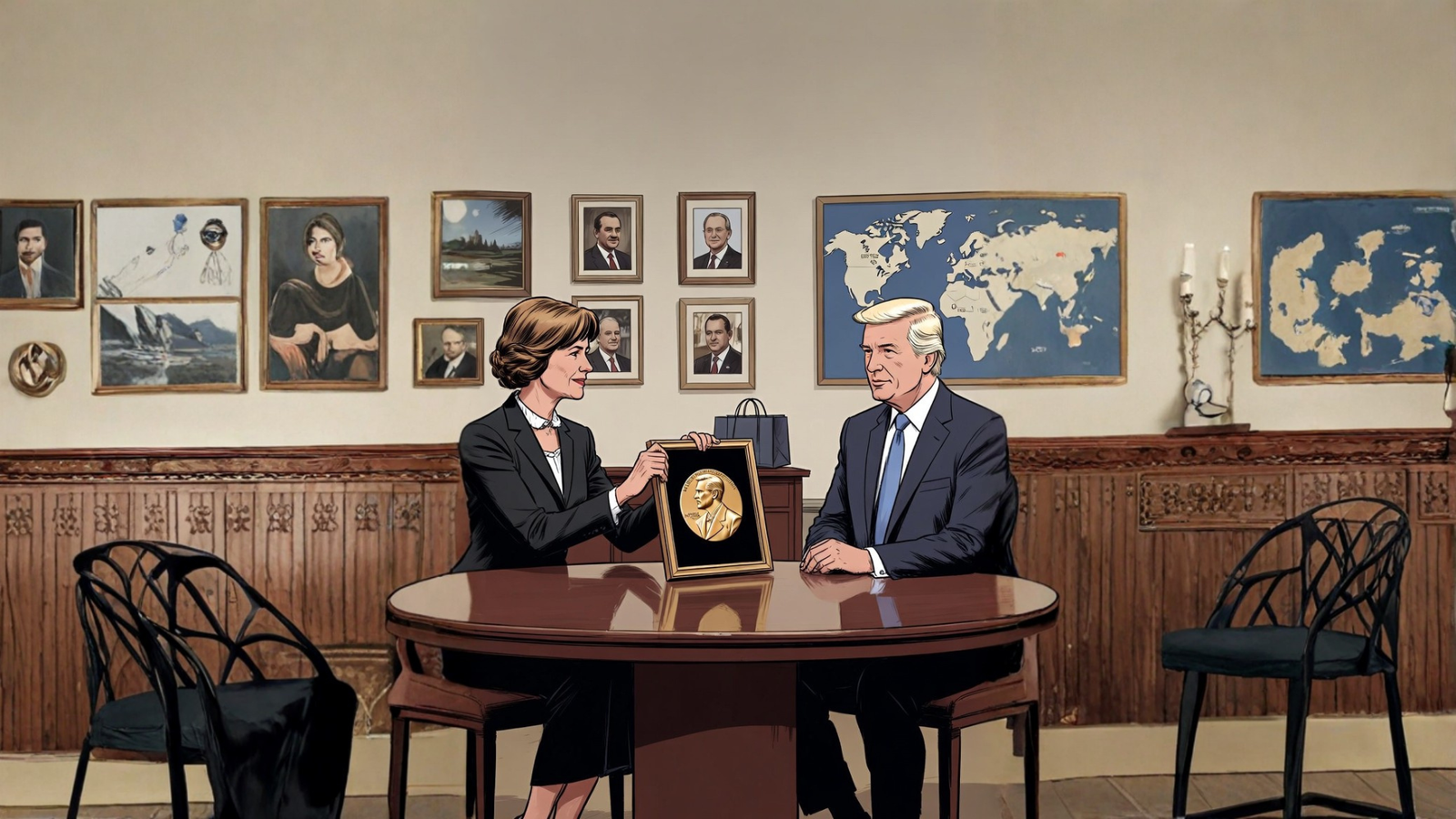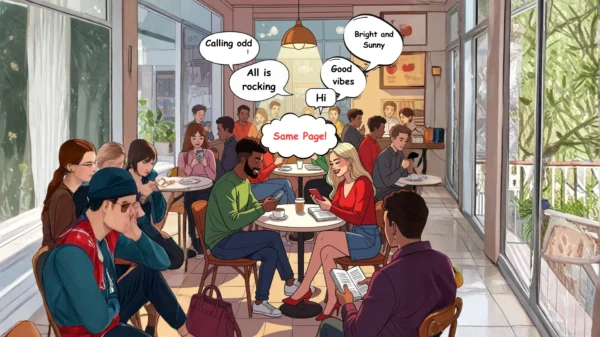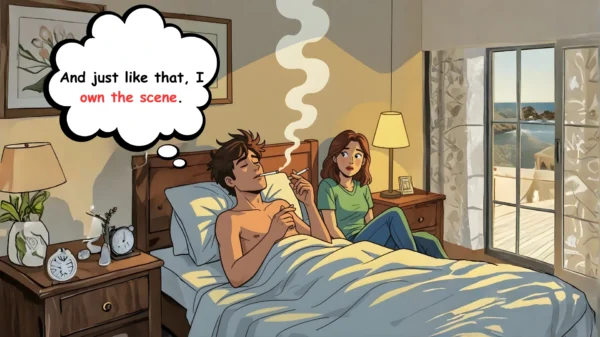D’Angelo, the name that once made the neo-soul genre sizzle, has left the stage at 51. His family confirmed that D’Angelo died Tuesday “after a prolonged and courageous battle with cancer.” RCA said they were “deeply saddened” by his passing. In a world where auto-tune often wins, D’Angelo’s voice was the quiet thunder that lingered.
“He was a peerless visionary who effortlessly blended the classic sounds of soul, funk, gospel, R&B, and jazz with a hip hop sensibility,” the statement read. His songs became soul sermons, delivered without a pulpit.
Born Michael Eugene Archer in Richmond, Virginia, D’Angelo grew up in a church where music was a calling, not a hobby. At 16, he won “Showtime at the Apollo” by performing Johnny Gill’s “Rub You the Right Way.” The applause told him he belonged on bigger stages.
By 18, D’Angelo headed to New York City, trading Sunday choirs for studio beats. It wasn’t rebellion, just destiny wearing headphones. “I learned at an early age that what we were doing in the choir was just as important as the preacher,” D’Angelo said. His words carried the weight of a man who turned hymns into headlines.
In 1994, the co-written “U Will Know” cracked the top 10. One year later, Brown Sugar arrived. Neo-soul found its poster child. Then came Voodoo and the infamous “Untitled (How Does It Feel?)” video—D’Angelo, bare, brilliant, and suddenly trapped in an image he didn’t want. “‘Untitled’ wasn’t supposed to be his mission statement for Voodoo,” Trenier told Spin.
The album and the single won Grammys, while D’Angelo disappeared from the spotlight that burned too hot. In 2014, he returned with Black Messiah, proving legends don’t retire—they pause.
He was a father, a soul alchemist, a reluctant sex symbol, and a fiercely private man. His final public moment came in May when D’Angelo canceled a performance, citing “an unforeseen medical delay.” “It is nearly impossible to express how disappointed (I am) not to be able to play with my Brothers ‘The Roots,’” D’Angelo said.
D’Angelo didn’t just sing songs—he bent silence around melody. Now, that silence speaks louder than ever.



















